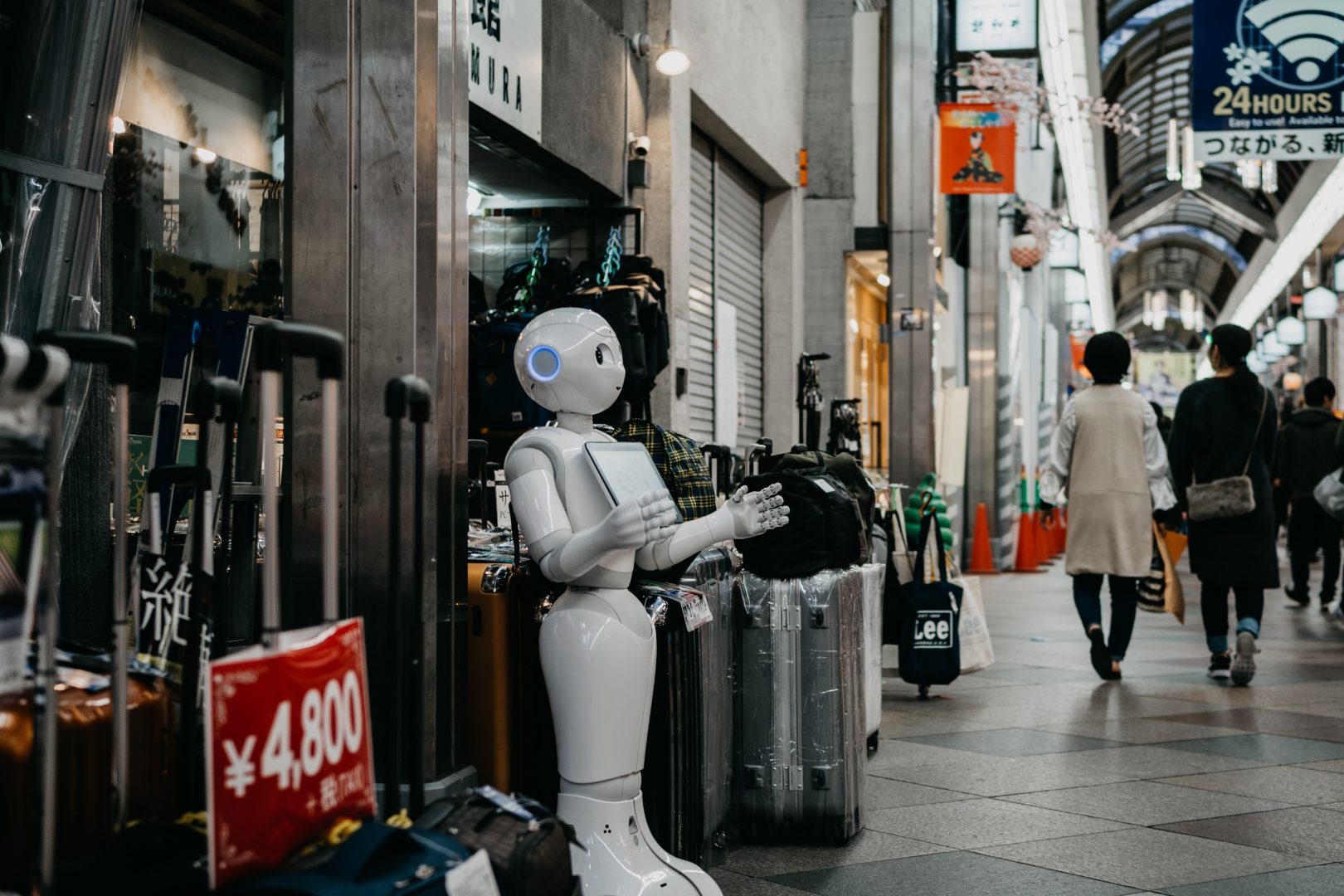
Think before rushing to replace the human touch
- Connected Marketing
- 8th August 2017
Over the weekend, a story broke that Facebook has fired its trending news team and handed the service over to an algorithm with disastrous results. This was reminiscent of the mess Microsoft got in after handing over their twitter feed to AI. You cannot open your email or newsfeed without reading about the rise of bots. Despite the fact I am a huge digital advocate, replacing people with machines or algorithms that try to eliminate the human element of relationships is not something I favour.
You only have to look at the use of automated phone systems which use options to route you, before you eventually get to a human being who then asks the same questions, to remind yourself that technology can sometimes aid efficiency, but not effectiveness.
Human interaction is necessary and desirable in many instances in life, not least of which is when building a brand. The over use of AI by brands has the same potential for error as economists do when using logic to predict how everything works in their models. People do not behave in logical ways. We are individuals full of personal biases and preferences that cannot be learnt by machines or automated. We are capricious by nature and do the unexpected simply because we want to. The field of behavioural economics has grown up as the antidote to this over logical approach.
It is human interaction that builds emotional connections with brands, not artificial efficiency. The trouble with the latter is that it can be easily replaced by the next more efficient or cheaper system. Even the brands often (rightly) championed as digital winners like Starbucks recognise this. CEO Hoard Schultz was quoted this year as saying ““The success of Starbucks demonstrates the fact we have built an emotional connection with our customers. I think we have a competitive advantage over classic brands in that every day we get to touch and interact with our customers directly.” I am not sure what his definition of ‘classic brands’ is, but the desire to keep and build the human interaction is an important one.
If we replace everything with machines and AI we may end up here. Perhaps we will need to develop ‘behavioural AI’ as an antidote.



